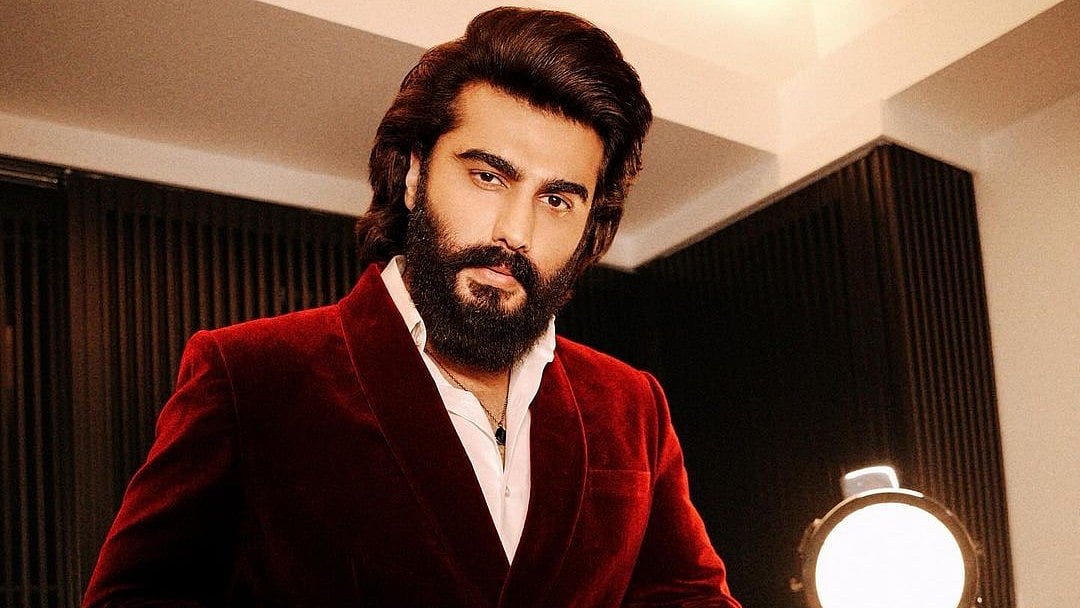For the last few years, healthy eating and diet friendly food have taken a 360 degree turn. When it comes to weight loss or managing a healthy diet, most of us are attracted to modern substitutes than looking back to Indian traditional food. For instance, instead of the traditional cow milk that our generations have consumed and lived healthy and long life, most of us have found substitutes like almond and soya milk. Instead of picking up a bowl of traditional Pinjari, we choose a dark chocolate. Traditional Daliya has taken a back seat and Quinoa has become a new bowl of health.
For years, doctors and dietitians have been emphasising on including traditional home made food in your diet to achieve all health related goals. Here are five foods that are available in every Indian kitchen, which can be healthier options for your health journey over the modern substitute.
Panjiri or dark chocolate?

The winter season in India has already begun, and we consume foods like pinni and panjeeri, but these food items gets criticised by many for being unhealthy choices. On the other hand, dark chocolates are recommended as a substitute for those traditional sweets by many dieticians. However, one cup of Panjiri has not only less sugar but also less fat than dark chocolate; 100g of dark chocolate would have around 34.6g of fat and 46.5g of sugar, compared to 23.2g of fat and 29.2g of sugar in a cup of Panjiri.
Traditional Milk or Plant-based milk?

Currently, we have a variety of milk options, like nonfat milk, raw milk, lactose-free milk, cashew milk, oat milk, toned milk, goat milk, coconut milk, and almond milk. But traditionally, and even today in most parts of India, people prefer cow's milk, which is a healthier option.
In addition, other alternatives like soy milk and almond milk, there is a huge difference not only in the nutritional value but also the cost of the products.
A 250-gram bottle of cow's milk would cost around ₹50/L and have a calcium value of 300 mg and a protein content of 8 g. The soy milk, which is also expensive, would cost about ₹110/L, have a calcium content of 75 mg, and a protein content of 6 g. The almond milk, on the other hand, would cost around ₹220/L and have a calcium portion of 240 mg and only 1 gram of protein. Cow mink on the other hand, would cost you Rs 50 for 500 gram with more benefits to your health.
Fast food or Indian traditional food?

While being on a diet throughout the week, sometimes we tend to lose control and have eat fast food to satisfy out taste buds. The temptation to have some finger-licking food isn't wrong, but the food that we consume should be chosen wisely.
For instance, if you want to take away a burger, instead take up an Indian traditional dish which has less calories that the modern burger. A veggie burger contains around 753.2 kilocalories, 94.7 grams, and 33.2 grams of fat, and just by adding the medium-sized fries, we add another 340 kilocalories. Instead, a Gobhi parantha with butter (10 g) for breakfast, then rajma chawal for lunch, and butter chicken curry with 2 rotis for dinner, the total sum of the calories would be around 851 kilocalories. Which one is better?
Dalia or Muesli?

Recently, muesli, which is recommended by many self-claimed fitness enthusiasts to lose weight, can easily be replaced with traditional Dalia.
A 100 bowl of Dalia contains around 1.5 grams of fat. It is rich in fiber, and will have 65 calories. Speaking of muesli, 100 grams will have 6 grams of fat, less fiber than dalia, and about 8 grams of protein.
In addition, Muesli has around 23.5g of sugar in every 100g, while in Daliya contains no sugar. Clearly, Daliya is more nutritional and healthy, and at the same time it is pocket-friendly than Muesli.
Bajra or Oats?

Oats are believed to be one of the best food for weight loss. It is rich in fiber and it is a good vegetarian source of protein. On the other hand, Bajra, which is consumed by almost everyone in North India in winters, is not only a portion of traditional food but has similar carbs and fewer calories than Oats.
Bajra flour has less calories than any other flour available; it is high in fiber and helps in weight loss. It also has high levels of Vitamin B6, which is good for people suffering from high cholesterol issues.
Bajra has has a high amount of soluble fiber and a low glycemic index, which are both beneficial for type 2 diabetes.










